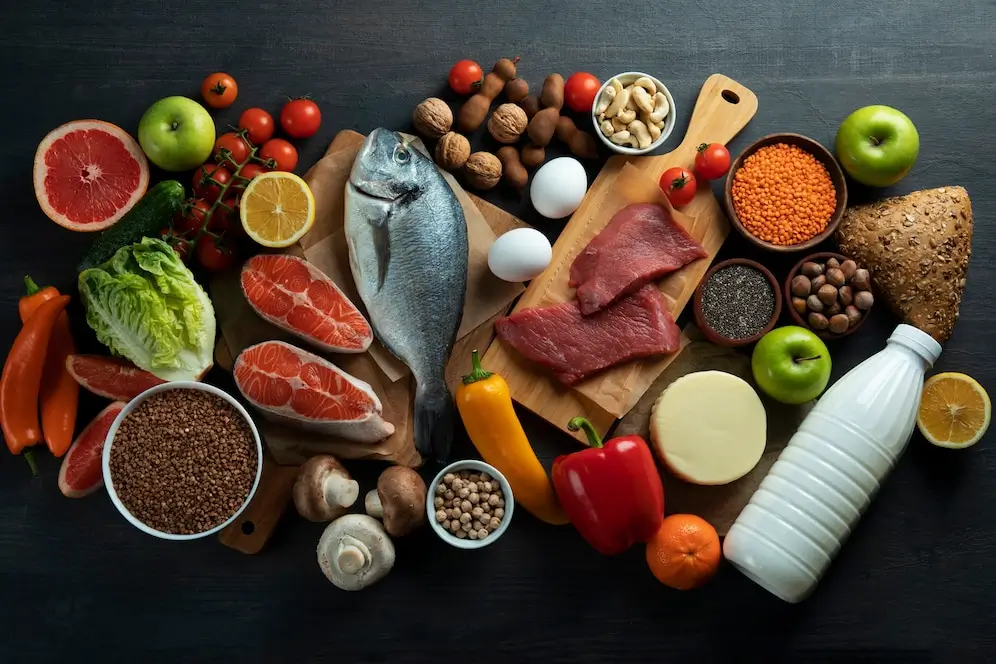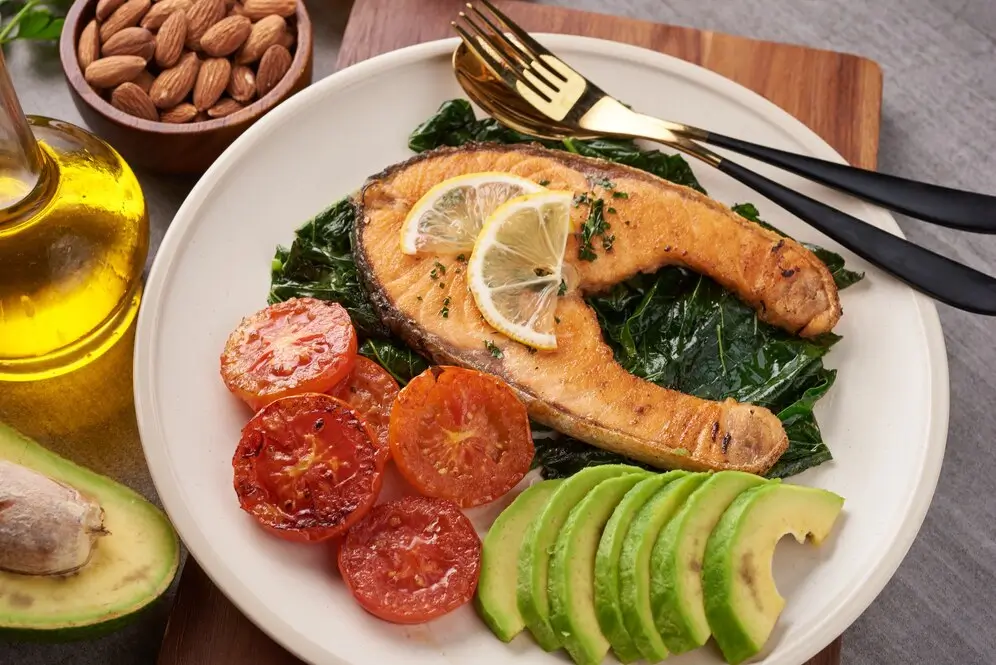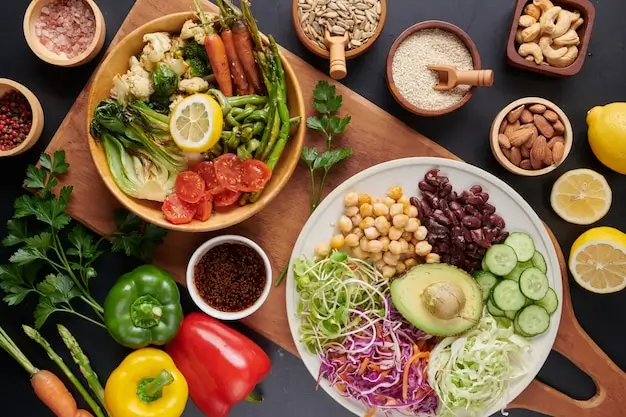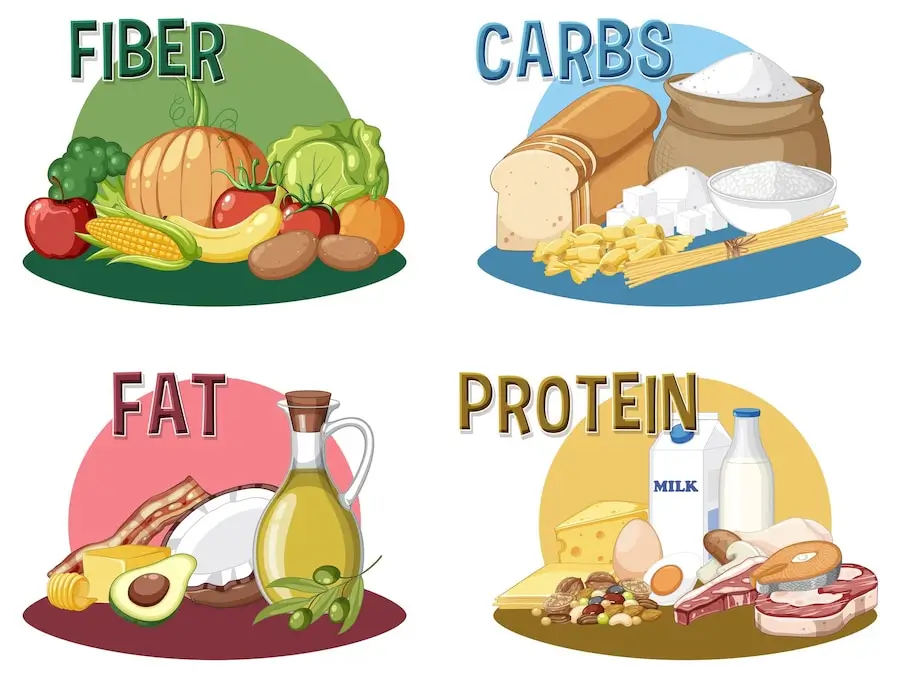Different Types Of Diet Plan For Different Fitness Routines:
Understanding These Can Help You Reach Your Goals faster.
Diet Plan must be kept healthy if you want to achieve fitness objectives. How someone eats directly affects how well they fare towards reaching their physical fitness objectives, no matter if they are a skilled competitor or merely initiated their workout regimen. Dietary needs change depending on the exercise program being used, with the goal of enhancing muscle development, cutting down on body fat, boosting endurance, and improving overall health. Examining different dietary approaches, this piece dives into how they enhance workout routines.
Table of Contents
1. High Protein Diet Plan For Muscle Building:
Protein Builds Muscles, this fact has been demonstrated through numerous studies. Protein plays a crucial role in helping those looking to bulk up by consuming a high-protein diet. Important for growing and fixing muscles, protein is. Anyone strength training, including bodybuilders and powerlifters, adheres to this dietary regimen, Its Benefits include:
- Muscle Growth: For growth and repair, your muscles need sufficient protein intake.
- Faster Recovery: Muscle pain alleviation and better athletic achievement come through higher protein intake during workouts.
- Satiety: Appetite control is one way protein-rich foods contribute to effective weight management.
- Fat Loss: Aiding fat loss could be achieved by protein because it has a greater thermic effect during digestion compared to other macros.

Lean meats, fish, eggs, dairy products, and plant-based options such as tofu and legumes are all common protein sources.
2. Low-Carb, High-Fat (Ketogenic) Diet Plan For Fat Loss:
The ketogenic diet centers around an abundance of fatty foods, complemented by limited carbohydrates. Many seek rapid fat loss and enhanced metabolic flexibility as its core benefits, These Benefits include:
- Fat Adaptation: Burning fat for fuel, how does the body shift?
- Appetite Suppression: With ketosis, reduced hunger and cravings make it simpler to sustain a calorie shortfall.
- Stable Blood Sugar: Lowering carb intake leads to steadier blood sugar levels and helps avoid energy lulls.
- Improved Mental Clarity: Some people claim heightened mental acuity during states of ketosis.

Ketogenic Foods Include: fatty meats, fish, avocados, nuts, and non-starchy veggies.
3. Balanced Diet Plan For General Fitness And Well Being:
Suitable for those seeking general wellbeing and physical conditioning, a balanced diet is. Together, a blend of nutrients including carbs, proteins, and healthy fats, and various fruits and vegetables, create a wholesome diet, It’s Benefits include:
- Sustainable Energy: Workout energy and everyday activity fuel come from readily available carbohydrates.
- Nutrient Diversity: Nutritional excellence requires incorporating different types of foods rich in vitamins and minerals; therefore, adhering to a balanced diet is vital for good overall wellbeing.
- Weight Maintenance: Essential nutrients and a healthy weight go hand in hand with (food item).
- Improved Digestion: A healthy digestive system depends on dietary fiber from fruits and vegetables.

A Balanced Diet Consists: Whole grains, Lean Proteins, Healthy Fats, and an array of vibrant fruits and vegetables combined to form a well-rounded diet.
4. Carb-Cycling Diet Plan For Endurance Athletes:
Athletes like marathon runners and cyclists need a smart nutritional strategy. By cycling through high and low carbohydrate intakes, one may better their performance and recovery via carb cycling Diet, Its Benefits include:
- Optimized Energy: While fuel is needed for intense training sessions, low-carb days promote fat adaptation.
- Improved Recovery: With carbs, glycogen replenishment can combat muscle fatigue and soreness.
- Enhanced Endurance: Activities lasting for extended periods of time can benefit significantly from carb cycling.
- Better Body Composition: Carb intake timed strategically supports muscle growth and fat loss for athletes.

5. A Vegetarian Diet Plan for Sustainable Health and Fitness:
Excluding meat, vegetarian and vegan diets have similar restrictions. Tailoring these diets allows them to suit diverse fitness objectives. Benefits include:
- Plant-Powered Nutrition: With high contents of vitamins, minerals, and antioxidants, promotes overall health.
- Sustainable: With reduced environmental impact from meat production, this helps.
- Weight Management: Lower in calories and saturated fats compared to traditional diets, plant-based diets often are.
- Improved Heart Health: Linked To Lowered heart disease risk and reduced cholesterol.

To meet their Nutrient Needs, it’s imperative that Vegetarians and Vegans consume enough Protein, Iron, Calcium, and Vitamin B12 from plants.
Conclusion
Depending on your fitness aspirations and taste, pick the best Diet plan. Depending on the fitness objectives at hand, there exist suitable dietary regimens. Dietary modifications should always come after getting advice from a specialized healthcare practitioner or nutritional specialist. Efficiency and durability are yours when dietary habits meet physical activity.
